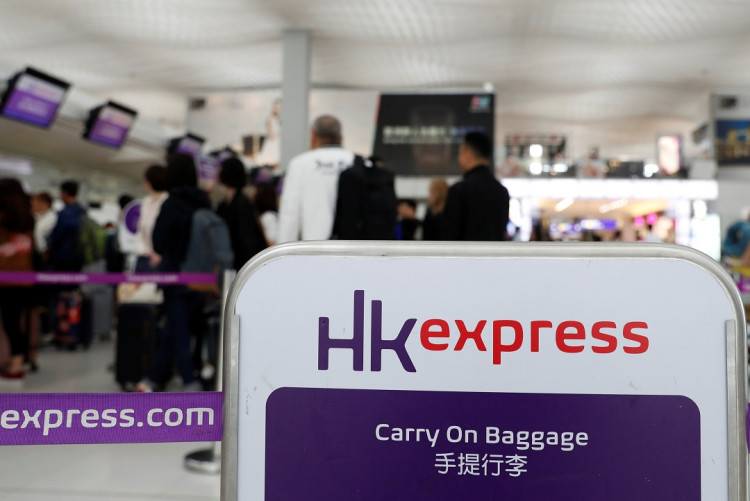To promote spending and the consumption of goods, China has now announced that it will be further cutting down taxes on personal items that are bought overseas. The tax cuts will directly affect items being brought into the country by Chinese citizens either by being carried through airports or sent through postal services. This will include items such as foods, luxury items, medicines, textiles, and electronics.
According to the State Council's Customs Tariff Commission, which announced the tax cuts earlier in the week, they will be lowering the tax rates for a variety of goods starting this week. The tax cuts will involve tariffs on baggage and articles that are being brought by incoming passengers and those that are sent via postal services.
Most items that are brought into the country are usually subject to a number of taxes, including a value-added tax, import duties tax, and consumption tax. These taxes are usually very prohibitive for Chinese consumers, who often do not buy items from aboard simply because they do not want to pay additional taxes for bringing them into the country.
The first items on the list are commonly taxed items, such as food, books, kitchenware, furniture, and medicines. Starting this week, all these items will be subject to a 13 percent tax instead of 15 percent. Some medicines, such as anti-cancer drugs, which are subject to import value-added taxes, will receive an additional cut.
The second set of items to receive tax cuts will include electronics, appliances, sporting goods, and textiles. The tax for these types of items will be lowered to 20 percent from 25 percent. Meanwhile, the commission had decided that the tax rate for luxury items such as wine, watches, jewelry, cigarettes, and other high-end luxury products will remain at 50 percent.
The recent announcement is the latest round of tax cut revealed by the commission in an effort to promote consumer spending and consumption. The last tax cuts were announced back in November of last year, which saw similar rates of decreases for the different items. Tax on luxury goods was lowered from 60 percent to 50 percent, while the first two item categories had similar percentages shaved off.
According to Premier Li Keqiang, who made the announcement earlier in the week, the State Council had apparently decided that common products bought overseas by the general public should now be more accessible with the reduced customs tax rates. Li also revealed that they have tasked all relevant departments to find a way to further lower the tax rates for necessary items that are coming into the country.






